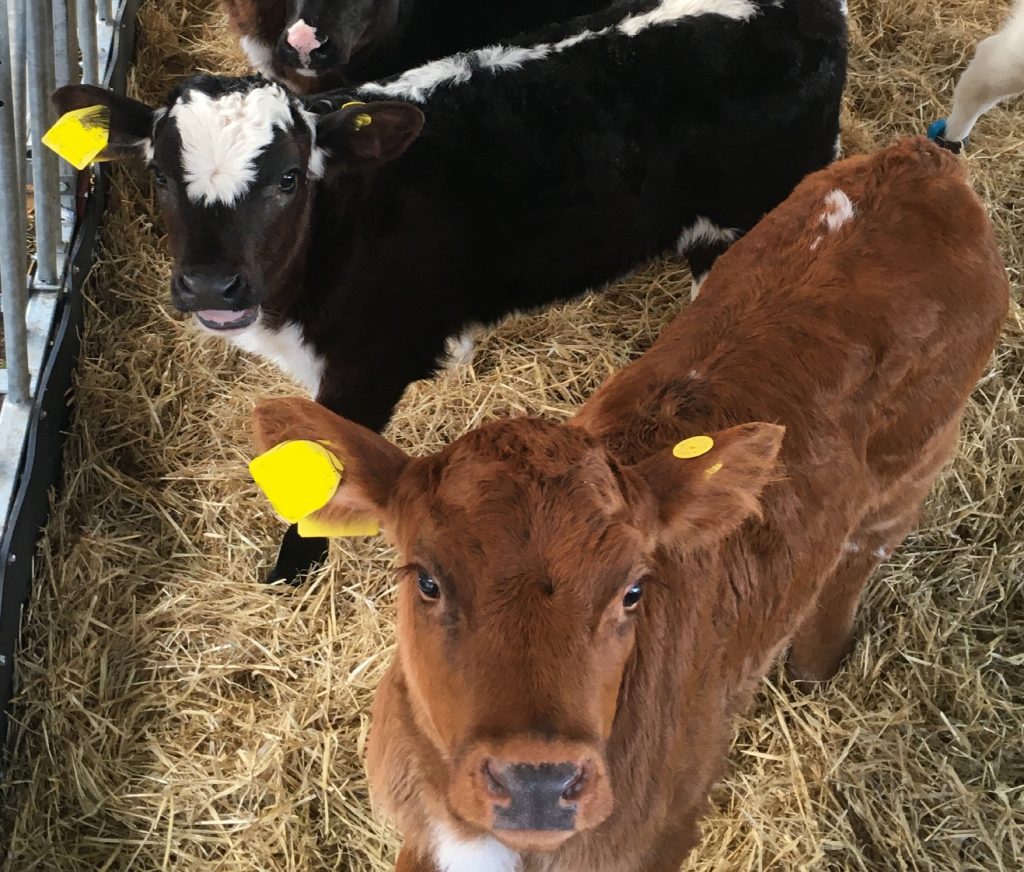An innovative project to develop automated and real-time monitoring of disease in cattle has been awarded nearly £700k.
The DETECT project, involving scientists from Scotland’s Rural College (SRUC), focuses on developing an automated, data-driven system for non-invasive and real-time monitoring of respiratory disease in dairy-bred calves.
Bovine respiratory disease (BRD) is the most serious issue facing beef and dairy farmers, costing the UK sector alone around £80m per annum through mortality, veterinary costs, increased labour and reduced animal productivity at the point of infection, but also in later life.
The project, conducted in partnership with Roboscientific, Zoetis, Ritchie, and the UK Centre for Ecology & Hydrology, will utilise state-of-the-art technology, alongside commercially relevant lower-cost sensors, to characterise the volatile metabolites found on the breath of healthy cattle, and of those diagnosed with respiratory infection.
The system will be designed with flexibility in mind so it can be integrated into any calf shed or equipment to provide adaptable, automated and real-time monitoring of disease at the individual animal level.
Prof Carol-Anne Duthie, Head of the Beef and Sheep Research Centre at SRUC, said: “The project will develop the first passive breath monitoring system designed specifically for calves for the early detection of BRD. This will enable early intervention and optimise treatment of individual animals.
“Reducing the impact of disease in younger calves will improve production efficiency and reduce greenhouse gas (GHG) emissions.
“It will also lead to improved welfare and will support increased resilience of the UK’s beef and dairy sectors.”
The project is one of 19 successful projects funded through the Farming Futures Automation and Robotics competition – part of Defra’s £270 million Farming Innovation Programme (FIP) – and is delivered by Innovate UK, the UK’s innovation agency.






